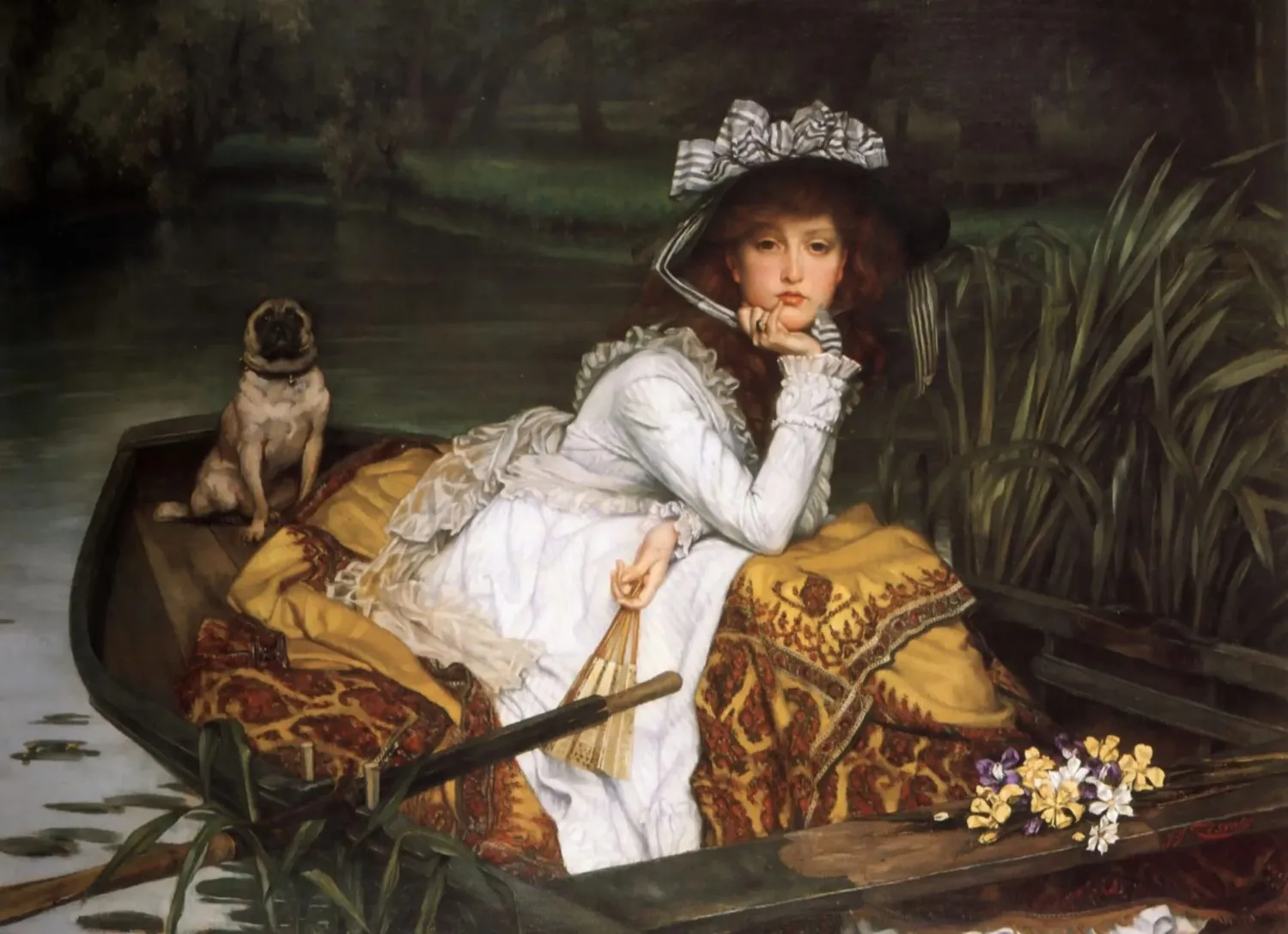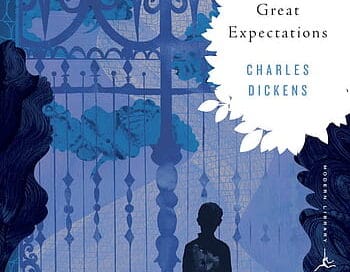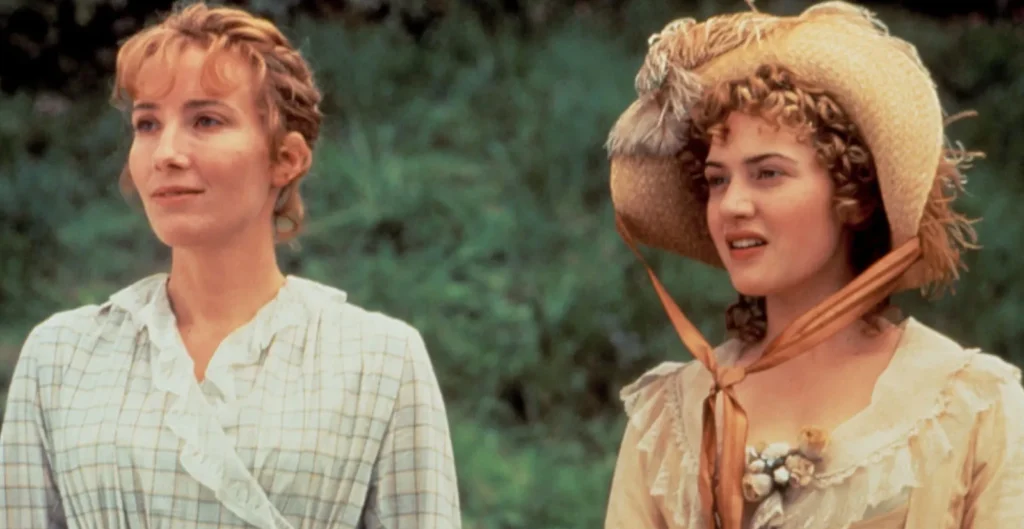The Lady with the Dog by Anton Chekhov: Summary and Life Lessons
Anton Chekhov’s The Lady with the Dog (1899) is a short story that masterfully explores the complexity of human emotions, particularly love, infidelity, and the pursuit of happiness. Through the brief yet profound affair between Dmitri Gurov and Anna Sergeyevna, Chekhov examines the often contradictory nature of relationships, desire, and the search for meaning in life. The story is a beautiful reflection on the unpredictable nature of love and the personal transformations it can bring.
The Story

The story begins with Dmitri Gurov, a middle-aged man from Moscow, who is spending time in the resort town of Yalta. He is initially disillusioned with life and marriage, finding little satisfaction in his relationship with his wife. While in Yalta, Gurov meets Anna Sergeyevna, a young woman from Moscow who is also vacationing alone. She is a married woman, though her husband is absent, and she is lonely, longing for something more meaningful in her life.
Gurov is immediately attracted to Anna, and despite his initial dismissal of love and genuine emotions, he begins an affair with her. The two spend several passionate days together, enjoying their time in the idyllic setting. Gurov sees the affair as a temporary escape from his unsatisfactory life, believing it to be just another fleeting romance. However, Anna is deeply affected by the experience, and her feelings for Gurov grow stronger, even though she is married.
After their time in Yalta ends, they go their separate ways, and Gurov returns to Moscow. However, he cannot forget Anna and continues to think about her. Anna, too, finds herself unable to move on, and her thoughts remain with him. Eventually, Gurov travels to Anna’s town in Moscow, where he arranges to meet her again. When they meet, they realize that their feelings for each other have deepened, and their affair has transformed into something more genuine and lasting. Despite the complexities and consequences of their affair, they are left with the realization that their love for each other is real, even if it remains hidden from the rest of the world.
Key Themes
Love and Infidelity
The story explores the nature of love and infidelity, showing how a brief affair can lead to deep emotional connections. Gurov and Anna’s relationship begins as an affair but evolves into something more meaningful, highlighting the complexities of love and desire.
Loneliness and Escape
Both Gurov and Anna are lonely in their respective lives. Gurov is dissatisfied with his marriage and looks for fulfillment outside it, while Anna seeks escape from the monotony of her life. Their affair offers them both a temporary escape from their emotional isolation.
The Complexity of Human Emotion
Chekhov’s story delves into the contradictory nature of human emotions. Gurov starts the affair casually, but over time, he becomes genuinely attached to Anna. Similarly, Anna, initially hesitant, becomes deeply in love with Gurov. The story highlights the unpredictability of human emotions.
Transformation and Self-Realization
Through the affair, both characters undergo significant transformations. Gurov, who once viewed relationships and love with cynicism, finds himself falling for Anna, while Anna begins to confront the limitations of her own life and desires. The affair acts as a catalyst for their personal growth.
Social Expectations and Moral Ambiguity
The story challenges societal norms around marriage, love, and infidelity. While both characters are technically “wrong” in the eyes of society, Chekhov does not judge them, instead presenting their emotions as natural and complex. The story invites readers to reflect on moral ambiguity and the limitations of social conventions.
The Impermanence of Happiness
Although Gurov and Anna find happiness in their affair, their love cannot exist freely in society. The impermanence of their happiness reflects the tension between personal fulfillment and societal expectations.
Takeaways and Life Lessons
Love Can Be Unexpected
Gurov’s initial indifference to Anna and the affair quickly turns into genuine love, showing that emotions can be unpredictable and that deep connections can arise in unexpected ways.
Loneliness Can Drive Unconventional Choices
Both Gurov and Anna seek comfort from their loneliness in ways that might seem socially unacceptable, highlighting how emotional isolation can lead to choices that challenge societal norms.
Human Emotions Are Complex and Contradictory
The story demonstrates that human emotions are rarely simple. Gurov and Anna’s initial affair grows into something deeper, revealing that emotions evolve and can surprise us even in situations that seem clear-cut.
Transformation Is Possible
Both characters change over the course of the story. Gurov’s cynicism gives way to genuine love, and Anna gains clarity about what she desires from life. The story reminds us that personal transformation is always possible, even in the most unlikely circumstances.
The Conflict Between Desire and Society
Gurov and Anna’s love represents the tension between personal desire and the constraints of societal expectations. The story encourages readers to consider how much of our behavior is shaped by societal pressures and how we navigate these conflicts.
True Love Is Not Always Perfect
While Gurov and Anna’s relationship is imperfect, it is real. The story reminds us that love does not always fit the idealized images we may have but can still be meaningful and worth pursuing.
Why The Lady with the Dog Still Resonates
Chekhov’s The Lady with the Dog resonates because it offers a nuanced, human portrayal of love, desire, and self-realization. The characters’ emotional complexities and moral ambiguities are timeless, speaking to anyone who has experienced love, longing, or the conflict between personal desires and societal expectations. The story is a beautiful reminder of how love can transform and how even fleeting relationships can have lasting impacts.
Conclusion
The Lady with the Dog is a captivating and insightful exploration of love, desire, and personal transformation. Anton Chekhov’s masterful storytelling delves deep into the complexities of human relationships, showing how even brief encounters can change the course of people’s lives.
Do read the summary of another heart-touching story by Anton Chekhov The Misery.


